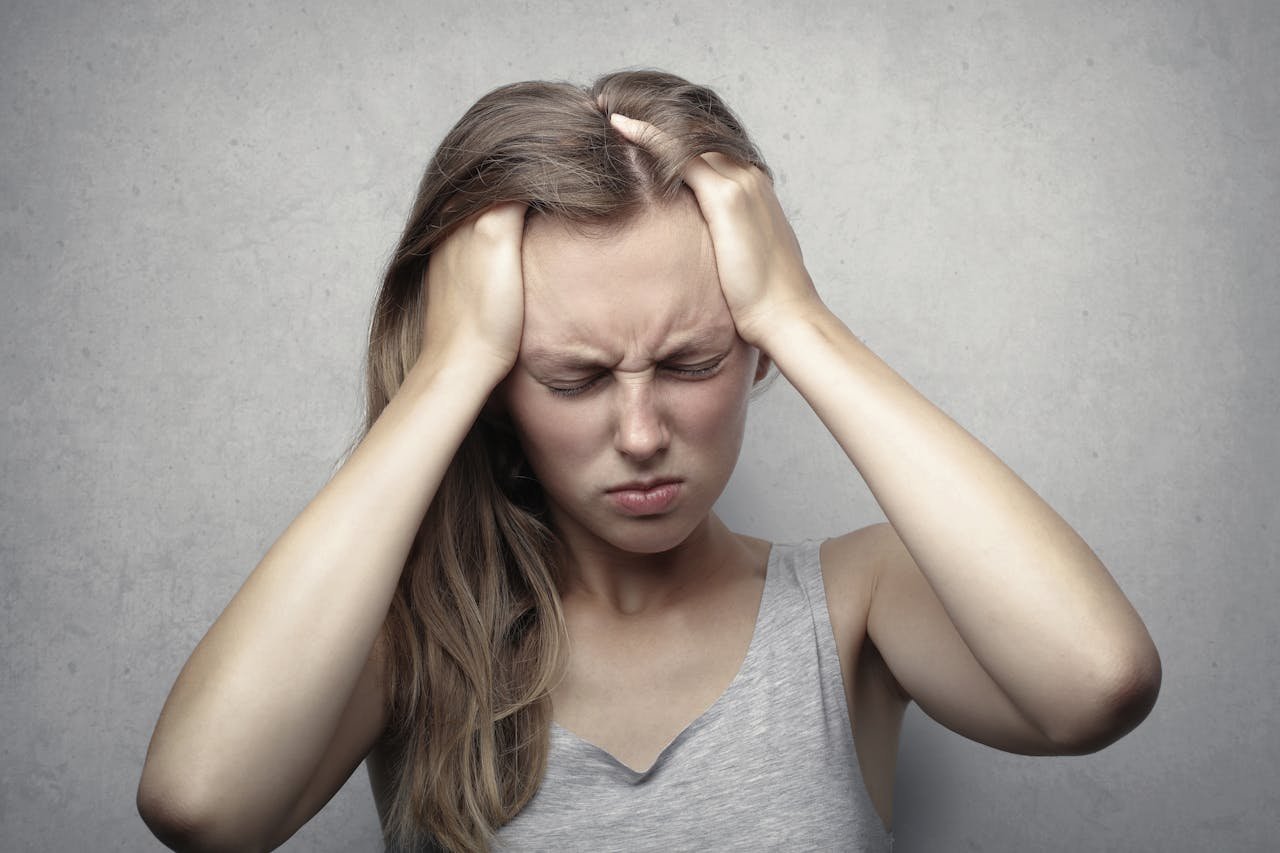Exploring the Link Between Stress and Dizziness
In our fast-paced modern lives, stress has become an almost inevitable part of daily existence for many people. Alongside its well-known mental and emotional effects, stress can also manifest physically, with one common symptom being dizziness. While occasional bouts of dizziness may not be alarming, understanding the potential connection between stress and dizziness is essential for managing overall well-being.
Understanding Dizziness
Dizziness is a term used to describe a range of sensations, including lightheadedness, vertigo, and feeling unsteady or off-balance. It can be disconcerting and may lead to feelings of anxiety or panic, exacerbating the underlying stress.
The Role of Stress
When the body experiences stress, whether due to emotional, physical, or environmental factors, it triggers a cascade of physiological responses. These responses are part of the body’s natural defense mechanism, often referred to as the “fight or flight” response. During times of stress, hormones such as adrenaline and cortisol flood the body, preparing it to respond to perceived threats.
How Stress Contributes to Dizziness
Several mechanisms may explain the link between stress and dizziness:
- Blood Pressure Changes: Stress can cause fluctuations in blood pressure, leading to a temporary decrease in blood flow to the brain. This can result in feelings of lightheadedness or dizziness.
- Muscle Tension: Chronic stress can cause muscle tension, particularly in the neck and shoulders. This tension can restrict blood flow to the head and neck, contributing to feelings of dizziness or vertigo.
- Hyperventilation: During times of stress, individuals may experience rapid or shallow breathing, known as hyperventilation. This can disrupt the balance of oxygen and carbon dioxide in the blood, leading to symptoms such as dizziness, lightheadedness, and tingling sensations.
- Anxiety and Panic: Stress and anxiety often go hand in hand, and feelings of panic or anxiety can trigger dizziness or vertigo in susceptible individuals.
Managing Stress-Induced Dizziness
While occasional episodes of stress-related dizziness may be unavoidable, there are several strategies individuals can use to help manage symptoms and promote overall well-being:
- Stress Management Techniques: Practicing relaxation techniques such as deep breathing, meditation, or progressive muscle relaxation can help alleviate stress and reduce dizziness symptoms.
- Hydration and Nutrition: Maintaining adequate hydration and consuming a balanced diet rich in nutrients can help support overall physical health and reduce the risk of dizziness.
- Regular Exercise: Engaging in regular physical activity can help reduce stress levels and improve circulation, which may help alleviate dizziness symptoms.
- Mindfulness Practices: Mindfulness-based practices such as yoga or tai chi can help improve balance, reduce muscle tension, and promote overall well-being.
- Seeking Medical Evaluation: If stress-related dizziness persists or worsens despite self-care efforts, it’s essential to consult with a healthcare provider to rule out underlying medical conditions and explore appropriate treatment options.
Conclusion
While stress-related dizziness can be distressing, understanding the potential triggers and implementing effective coping strategies can help individuals better manage symptoms and improve overall quality of life. By prioritizing self-care, seeking support when needed, and addressing stressors proactively, individuals can work towards reducing the impact of stress on their physical and emotional well-being.
FAQs about can stress cause dizziness
- Can stress really cause dizziness? Yes, stress can trigger physiological responses in the body that may lead to symptoms of dizziness or lightheadedness.
- What are the common signs of stress-related dizziness? Common signs include feelings of lightheadedness, vertigo (a spinning sensation), unsteadiness or imbalance, and occasionally fainting spells.
- How does stress affect blood pressure and circulation? Stress can lead to fluctuations in blood pressure and cause constriction of blood vessels, reducing blood flow to the brain and contributing to dizziness.
- Are there specific relaxation techniques that can help alleviate stress-induced dizziness? Yes, relaxation techniques such as deep breathing exercises, meditation, progressive muscle relaxation, and guided imagery can help reduce stress levels and alleviate dizziness symptoms.
- When should I seek medical attention for stress-related dizziness? If you experience frequent or severe episodes of dizziness, or if dizziness is accompanied by other concerning symptoms such as chest pain, shortness of breath, or loss of consciousness, it’s important to seek medical evaluation to rule out underlying medical conditions.
- Can lifestyle factors contribute to stress-related dizziness? Yes, factors such as inadequate hydration, poor nutrition, lack of sleep, and excessive caffeine or alcohol consumption can exacerbate stress and contribute to dizziness.
- Is stress-related dizziness treatable? Yes, in many cases, stress-related dizziness can be managed effectively with lifestyle modifications, stress management techniques, and, if necessary, medical intervention to address underlying conditions.











